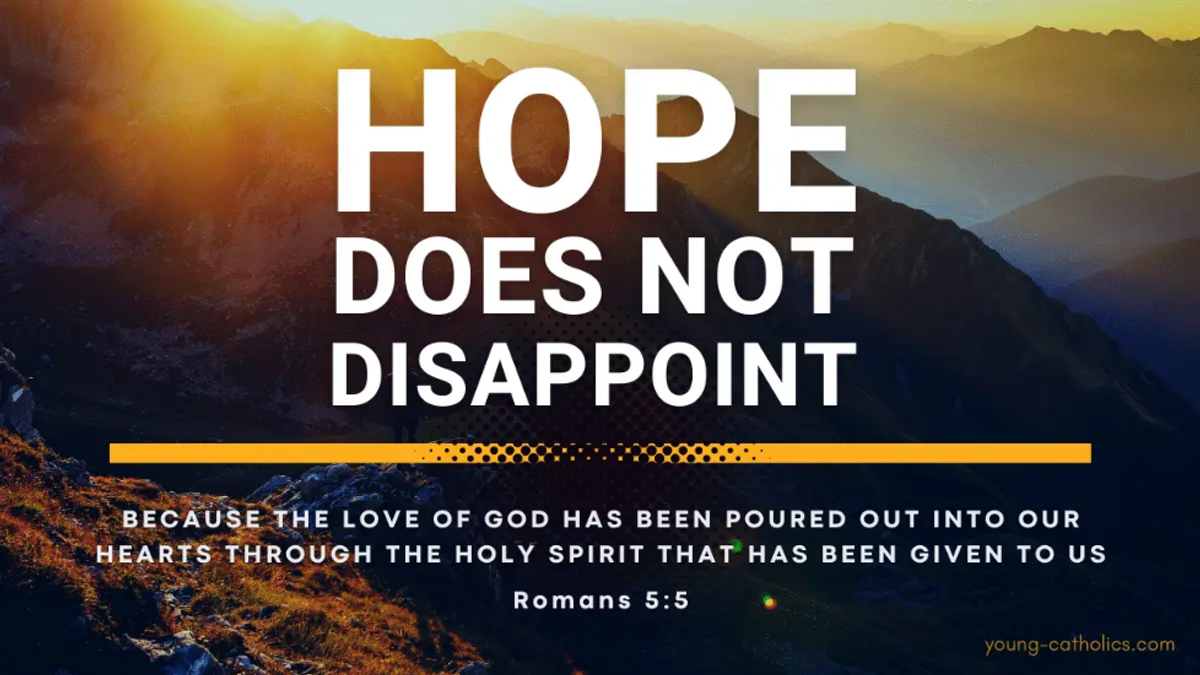Faith and Mission

Last week, our Year 8 students participated in a powerful Reflection Day centred on the theme of Respectful Relationships. Drawing inspiration from the Gospel story of the Good Samaritan, the day encouraged students to explore the sacredness of Human Dignity, a cornerstone of our Catholic faith. As taught by the Church, every person has inherent worth, not because of what they do, but simply because they are created in the image and likeness of God.
Throughout the day, students considered how respect for self and others is lived out in both their online and face-to-face interactions. With sessions focused on Reconciliation and Cyber Safety, students were invited to reflect on the kind of community they are helping to build, one where compassion, understanding, and responsibility guide every relationship. These meaningful conversations reminded us that respect is not just a value to believe in, but a daily practice grounded in love of neighbour and care for the common good.
As a College community, we now turn our attention to Refugee Week, beginning next week, with the theme “Finding Freedom – Celebrating Diversity in Community.” This national initiative calls us to recognise the dignity and courage of those seeking safety and belonging. Respectful relationships extend beyond our immediate circles, they challenge us to create spaces of welcome and inclusion for all.
In support of this message, we invite families to contribute to our collection for CARAD (Centre for Asylum Seekers, Refugees and Detainees) by donating essential items from the list attached. Or you may choose to support the Perth Refugee Support Group (please see details below about how you might be able to engage with this initiative). These simple, practical acts are an expression of solidarity, compassion, and our shared responsibility to ensure all people are treated with dignity and respect.
A fitting symbol of our commitment to respectful relationships and inclusive community was unveiled during our Secondary Assembly: a stunning new artwork titled People for Others, created by Noongar artist Mel Spillman in collaboration with Year 12 Visual Art ATAR students. Now proudly displayed in the Administration Building, the triptych invites us into reflection and connection.
The title People for Others is drawn from the Ignatian tradition and expresses the ideal that we are called not to live for ourselves alone, but in service of others. This spirit is woven throughout the artwork, which portrays the right relationships we are invited to nurture: with God, with one another, and with the land we share.
The artwork is also a visual invitation to Katiji—to reflect. It challenges us to consider how our thoughts, decisions and actions uphold the dignity of others and contribute to a culture of inclusion, fairness, and compassion. From recognising diversity and celebrating culture, to showing stewardship and learning from Elders, this piece reminds us that to be People for Others is to build relationships that honour the sacredness of each person and the world we share.
As we reflect on these three moments, Reflection Day, Refugee Week, and the unveiling of People for Others, may we continue to grow as a community that sees the face of Christ in every person, acts with integrity in every relationship, and builds a culture of respect, justice, and inclusion for all.
An opportunity for John XXIII College families to provide direct and meaningful support to refugee newcomers
The late Pope Francis’ enduring message emphasised the importance of reaching out to serve those on the margins of society. His emphasis on welcoming those in need resonates as we prepare to celebrate Refugee Week. This year's theme highlights inclusive communities that help refugees rebuild their lives.
On 29 June 2025 the Perth Refugee Support Group will be welcoming a family of six from Syria as they begin their life in Australia as part of the CRISP program (Community Refugee Integration Settlement Pilot). Click here for more information on CRISP.
The program gives local community members the opportunity to provide 12 months of practical, comprehensive, hands-on support to a refugee household from the date of their arrival in Australia. John XXIII College families have begun this shared experience in several ways, forming part of the core support group and through donations. We will be asking for support and providing opportunities for donations over the coming months as we assist this family in becoming full participants in the social and economic life of Australia. We hope you come on this journey with us!
Our immediate need includes the following:
- Two good-quality second-hand mobile phones with chargers
- Winter jackets and jumpers for children (son aged 9 and three daughters aged 7, 5 and 3)
- Booster seat x2 (for children 4 to 7 years old)
Our group is also seeking long-term rental options and a volunteer translator (Arabic).
If you can assist or would like more information, please email Natalie Green at crispperth@gmail.com
Janeen Murphy
Deputy Principal Faith and Mission
Community Mass
St Louis House will prepare next Friday’s Community Mass. We look forward to welcoming all members of the St Louis family – students, parents, friends and staff. Don’t worry if you are not familiar with Catholic liturgy; it is a relaxed and user-friendly Eucharist. Just come to the Chapel for an 8:00am start. Afterwards, there is coffee in the Circle of Friends.
If you have any questions about Community Mass, please contact Mary-Anne Lumley.
Community Mass details
- College Chapel
- Fridays in term time
- Starts at 8:00am; concludes at 8:30am.
Sacraments
Parents often have questions about the Sacrament program, so don’t be afraid to ask. Below are some useful points of contact:
- Your parish priest or Sacrament Coordinator
- John XXIII College website
- The Archdiocesan website: Parishes & Mass Times
- Mary-Anne Lumley or via phone on 08 9383 0513
Good News for Trinity Sunday
At Community Mass this morning we proclaimed the readings from this Sunday’s feast of the Holy Trinity – the gospel from John 16: 12-15 and the first reading, beautifully proclaimed by a Year 11 student, from Romans 5:1-5.
The reflection below is an abridge commentary for the feast is by eminent Jesuit biblical scholar, Fr Brendan Bryne SJ.
The early believers came to understand that in their interaction with Jesus they were being drawn into the unique personal relationship that he enjoyed with the God he termed ‘Abba, Father’. The death of Jesus did not put an end to this experience. On the contrary, one of the key aspects of the disciples’ experience of the resurrection was a sense of still being grasped within and energised by this relationship between Jesus and the Father. So powerful was this experience that they recognised in it the creative power of God described in the biblical (Old Testament) tradition as the ‘Spirit’ (Gen 1:1-2; Ezek 36:26–37:14). So personal was the experience that, eventually, they came to recognise it as involving a third divine person.
So, without compromising the basic monotheism which Christianity derived from the Jewish faith, the sense of Three Persons in the One God came into being – not as a remote heavenly mystery, let alone an arid theological puzzle, but as a way of expressing the Christian sense of being drawn into the divine communion of love. There they found the impulse and energy to be instruments of the saving outreach of that love into the world…
In the Second Reading, from Romans 5:1-5, Paul is describing the new state that believers find themselves in as a result of the action of Christ. While believers may still be part of a suffering world, the suffering is in no way an indication of disfavour on God’s part. On the contrary, it is pregnant with hope because God communicates a sense that those who suffer are grasped by God’s love. Paul expresses this in what is to my mind one of the most attractive sentences that he ever wrote:
‘Hope does not disappoint us, because God’s love has been poured out into our hearts through the Holy Spirit that has been given to us’.
By ‘God’s love’ Paul does not primarily mean our love for God (though that should follow) but a felt experience of God’s love for us, communicated through the gift of the Spirit.
Paul speaks of the Spirit in terms of water (‘poured out’) – water that refreshes and brings new life. So the Spirit is poured out into our hearts – that is, into the very depth of our being. We can know in our innermost heart that our lives are grasped by God and held in God’s love. This is the essential experience of God as Trinity.
©Brendan Byrne SJ




